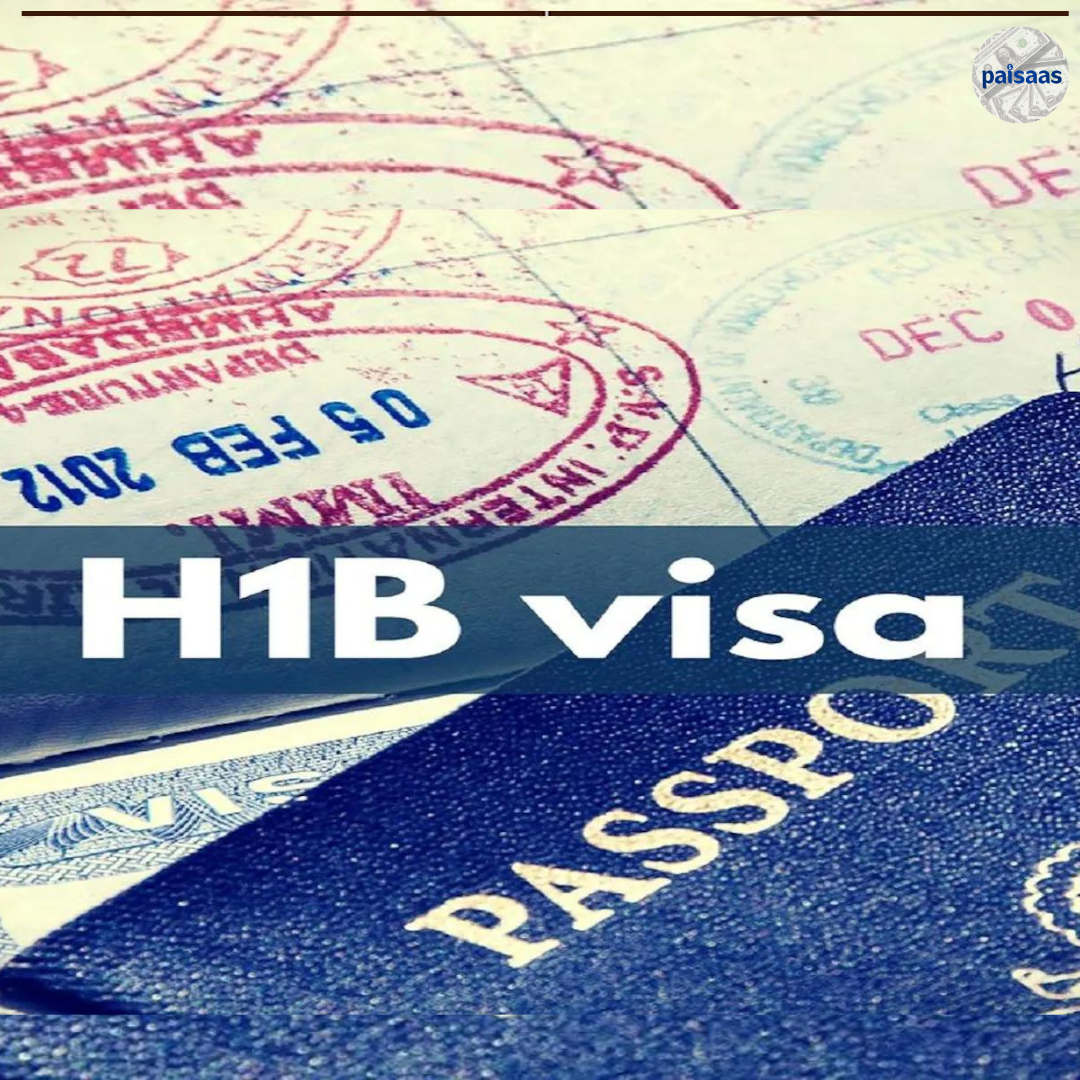

US provides ‘in-country’ H1B visa extension
US provides ‘in-country’ H1B visa extension
The H-1B visa program is a non-immigrant visa category in the United States that allows U.S. employers to hire foreign workers in specialized or technical fields. It is designed to address the shortage of qualified professionals in certain industries and provide opportunities for skilled individuals from around the world to contribute to the U.S. economy. The H-1B visa is particularly significant for Indian professionals working in the IT sector, as it enables them to be employed by Indian IT companies on American projects.
The H-1B visa program has undergone various changes and regulations over the years, including those related to visa extensions. Prior to 2004, it was possible for certain non-immigrant visas, including the H-1B visa, to be stamped or renewed within the United States itself. However, subsequent modifications in the regulations required H-1B visa holders and other foreign workers to leave the country in order to renew their visas. This meant that most workers had to travel back to their home countries to obtain an H-1B extension stamp on their passports.
Typically, H-1B visas are granted for a period of three years, with the possibility of extension for an additional three years. However, the previous requirement for visa holders to leave the U.S. to renew their visas posed challenges and inconveniences for professionals, particularly those from India who needed to travel abroad for visa renewal. This requirement disrupted work continuity, involved additional expenses, and caused unnecessary complexities for individuals and their employers.
The recent development regarding H-1B visa extensions brings positive news for Indian professionals in the U.S. Following a meeting between U.S. President Joe Biden and Indian Prime Minister Narendra Modi, the U.S. government has simplified the process, allowing individuals to renew their H-1B visas while residing in the United States. This means that Indian professionals no longer need to travel to another country for visa renewal and can complete the necessary procedures within the U.S.
This decision is expected to benefit the thousands of Indian workers in the U.S. who rely on H-1B visas for their employment. It removes a significant hurdle and provides greater convenience and flexibility for professionals and their employers. By enabling visa extensions to be processed within the U.S., the new regulations promote work continuity, reduce travel-related complexities, and facilitate a smoother and more streamlined process for Indian professionals.
The H-1B visa program itself is an essential part of the U.S. immigration system, attracting highly skilled professionals from various countries to contribute to the U.S. workforce and drive innovation and economic growth. Each year, the U.S. government allocates a certain number of H-1B visas to businesses seeking to hire foreign workers. Currently, there are 65,000 H-1B visas available annually, with an additional 20,000 visas specifically designated for employees with advanced degrees.
To qualify for an H-1B visa, individuals must have a job offer from a U.S. employer in a specialized or technical field. The employer is responsible for initiating the visa application process and demonstrating that the position requires the specialized skills and qualifications possessed by the foreign worker. The H-1B visa program has specific requirements and criteria that both the employer and the employee must meet, including prevailing wage regulations and labor condition application (LCA) requirements.
The H-1B visa program has been subject to ongoing discussions and debates, with various stakeholders expressing differing opinions on its impact on the U.S. job market and the domestic workforce. Proponents argue that the program allows U.S. companies to access talent that is not readily available domestically, thus contributing to innovation and economic competitiveness. Critics, on the other hand, raise concerns about potential exploitation, displacement of U.S. workers, and wage depression.
In conclusion, the H-1B visa program plays a vital role in facilitating the employment of skilled professionals from India and other countries in the U.S. It provides opportunities for talented individuals to contribute their expertise to American businesses and helps address skill shortages in specialized industries. The recent decision to allow H-1B visa extensions within the U.S. for Indian professionals simplifies the process, reduces disruptions, and enhances the overall experience for workers and their employers.




